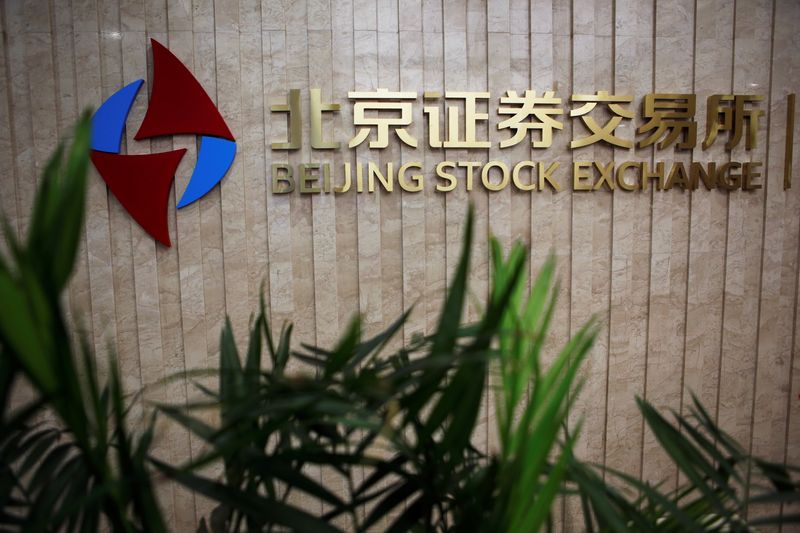By Jamie McGeever
(Reuters) – A look at the day ahead in Asian markets.
Three monetary policy decisions dominate Asian markets on Wednesday, with investor sentiment and risk appetite likely to be kept in check by a selloff on Wall Street and worries over tech and the global economy the day before.
The central banks of Indonesia, Thailand and the Philippines all set interest rates on Wednesday, while the latest New Zealand inflation, South Korean unemployment and Japanese machinery orders are also on deck.
Oil prices are on the slide again, partly reflecting soft demand, particularly from China. Crude futures slumped nearly 5% on Tuesday, pushing U.S. crude below $70 a barrel and bringing the year-on-year decline back to 20%.
Tech worries pushed U.S. shares into the red, despite upbeat earnings from financial heavyweights Goldman Sachs, Citi and Bank of America. Nvidia (NASDAQ:NVDA) and ASML (AS:ASML) shares led the global tech slump, and attention later in the week turns to Taiwan Semiconductor Manufacturing Co, the contract manufacturer that produces Nvidia’s processors.
It is expected to report a 40% leap in quarterly profit on Thursday, thanks to soaring demand.
On Wednesday, meanwhile, Bank Indonesia is expected to leave interest rates unchanged despite inflation falling to its lowest level since 2021, with the exchange rate at the forefront of policymakers’ thinking.
Inflation is down to 1.84% and has been within BI’s target of 1.5% to 3.5% all year, but the rupiah has fallen more than 3% from a September peak.
The Bank of Thailand is also expected to stay on hold and leave its one-day repo rate at 2.50% for the rest of the year. Four out of 28 economists in a Reuters poll predicted a quarter-point cut.
The Philippine central bank, on the other hand, is expected to cut its overnight borrowing rate by 25 basis points to 6.00%, and again in December as policymakers strive to support economic growth as inflation remains under control.
The central bank kicked off its easing cycle in August, and since then inflation has dropped below the bank’s 2%-4% target.
Meanwhile, investors continue to digest the details and steer from China at the weekend about its stimulus measures, and the recent slew of data. None of that has been particularly encouraging and Chinese markets are drifting lower, although equities are still up substantially from ‘pre-stimulus’ levels.
Beijing on Tuesday announced that a press conference will be held on Thursday to discuss promoting the “steady and healthy” development of the property sector. If this announcement was aimed at reassuring investors, however, it has fallen flat.
Shanghai’s blue chip index is down 13% from last Tuesday’s peak, but is still up 20% from the day before Beijing first unveiled its measures to support markets, the property sector and growth.
Here are key developments that could provide more direction to markets on Wednesday:
– Indonesia, Thailand, Philippines rate decisions
– Bank of Japan’s Seiji Adachi speaks
– New Zealand inflation (Q3)

